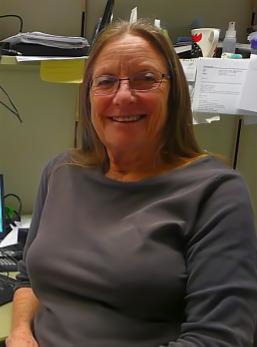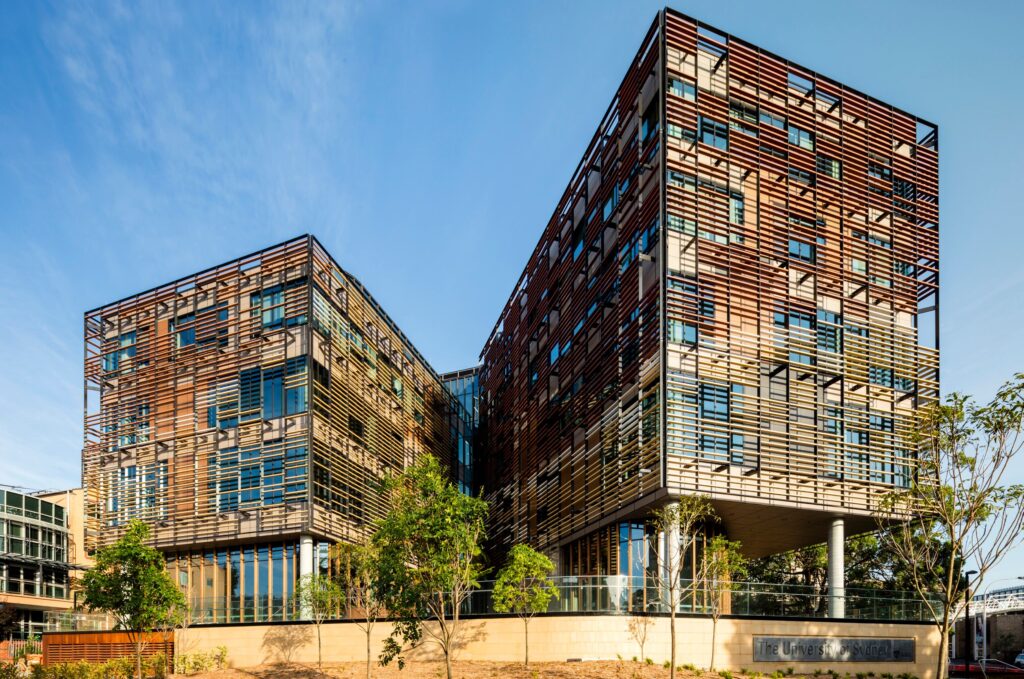Dr. Juliet Roberts: Interview
By Christine Clarke

Dr. Juliet (Julie) Roberts is a distinguished figure in the Australian poultry industry, renowned for her extensive contributions to poultry science, particularly in egg production and factors affecting egg quality. She has been instrumental in advancing practices related to poultry health, welfare, and sustainable production.
Academic Background and Career
Dr. Roberts holds a Bachelor of Science (Honours) from James Cook University and a PhD in Avian Physiology from Flinders University. She furthered her research through postdoctoral fellowships at the University of British Columbia in Canada and the University of Arizona in the United States. In 1986, she joined the University of New England (UNE) in Armidale, where she served until her retirement in 2018. During her tenure at UNE, she taught physiology and poultry science, supervised postgraduate students, and coordinated courses in Rural Science, Agriculture, Animal Science, and Agrifood Systems.
Research Contributions
Dr. Roberts is internationally recognized for her research on egg production, with a focus on eggshell quality and internal egg characteristics. Her work has significantly advanced the understanding of factors affecting eggshell integrity, including nutrition, disease, and management practices. Notably, she led research investigating how minor defects in eggshell ultrastructure, such as translucency, can influence the penetration of bacteria that cause food-borne illnesses.
Leadership and Recognition
Beyond academia, Dr. Roberts has played a pivotal role in industry organizations. She has served as President of the Australian Branch of the World’s Poultry Science Association (WPSA) since 2009 and has been the Editor of the Australian Poultry Science Symposium Proceedings during multiple terms, including 2011–2013 and 2018–2023 . In recognition of her outstanding service, she received the Australian Poultry Award in 2006 and was honoured with a plaque in 2023 acknowledging her long-term contributions to poultry science and the industry. Dr Roberts also served on the World’s Poultry Science Association International Board for a total of 10 years. Her commitment to education and training resulted in the development of specific units of study in poultry science at UNE and accepting a secondment to the first Poultry CRC as Education Coordinator.
Ongoing Engagement
Even in retirement, Dr. Roberts remains actively involved in the field. She continued to co-supervise PhD students and mentor projects under the Australian Centre for International Agricultural Research (ACIAR) in the initial stages of her retirement. She also currently serves on the Industry Consultative Committee of Australian Eggs. Her enduring commitment to education and research underscores her lasting impact on the poultry industry.
History of PRF
Julie’s involvement with the PRF (formerly the Poultry Husbandry Foundation – PHF) commenced shortly after her arrival at UNE. The late Dr Jeff Fairbrother introduced her to the then Director of the PHF, Professor Derek Balnave. Following a seminar held in Sydney in 1988 on egg quality, Derek and Julie were invited to submit a grant application to investigate the mechanism of action of saline drinking water on shell quality. Thus, it was Derek who introduced Julie to the study of eggshell quality, combining her expertise in renal function of avian species with his expertise in eggshell quality. Some time later, both Julie and Derek collaborated with the late Professor Sally Solomon of the University of Glasgow Veterinary School in studying eggshell ultrastructure.
Dr Roberts’ involvement with the PRF continued in her role as President of the Australian Branch of WPSA which included editing of proceedings and attendance at APSS meetings.
Advice to Young People who have just entered or are about to enter the poultry industry
“The poultry industry, whether it be as a researcher and teacher or an industry participant, is a great career for young people who are interested. Chicken meat and eggs are vital sources of affordable protein and their consumption continues to grow. The poultry industry in Australia and internationally is like one big happy family. When I attend either national or international meetings, I connect enthusiastically with people I have known for many years.”
Any Interesting changes faced by the industry
“The poultry industry continues to change and adapt based on a range of factors such as technological developments and consumer demand. The egg industry in Australia is undergoing significant change as the demand for free range and other cage free production systems replaces the demand for cage production. Advances in molecular biology are driving change in many areas including disease management and prevention and genetic selection.”
Your History
“I would like to take this opportunity to acknowledge with gratitude people who have helped and encouraged me throughout my career in poultry science. I have already mentioned the late Dr Fairbrother, Professor Balnave and the late Professor Sally Solomon. Dr Bob Pym and Professor Dave Farrell have been important mentors providing encouragement and guidance. I would also like to acknowledge the many people in the industry who have assisted the studies of myself and my research students. These include Bede and Narelle Burke who have tolerated many studies being conducted in their poultry facility. Other producers who have contributed include the late Ivy Inwood and her family, as well as the Moncrieff and Holland families, to name just a few. People in the industry have been generous in sharing their experience and providing education to researchers and research students.”
Latest news
Our events
- Final Chance to Register for APSS 2026 – Less than 3 Weeks Away!With just under 3 weeks until APSS 2026, now is your last opportunity to finalise your registration for this year’s premier poultry science event.
Connect with us:


